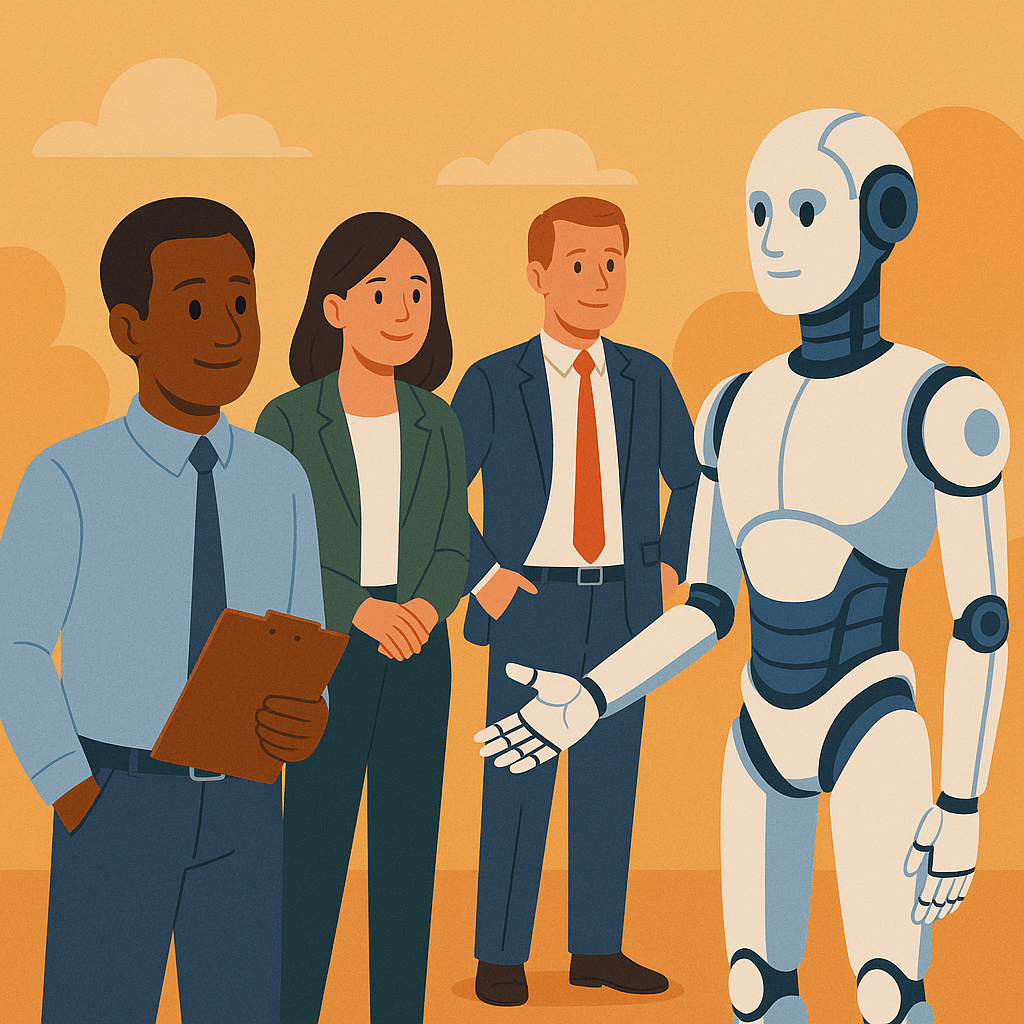California Lawmakers Target AI Chatbots for Kids With Proposed Four-Year Moratorium
California’s push to rein in AI chatbots—especially those marketed to children—marks a turning point for an industry that has largely operated ahead of meaningful oversight. With Senator Steve...
